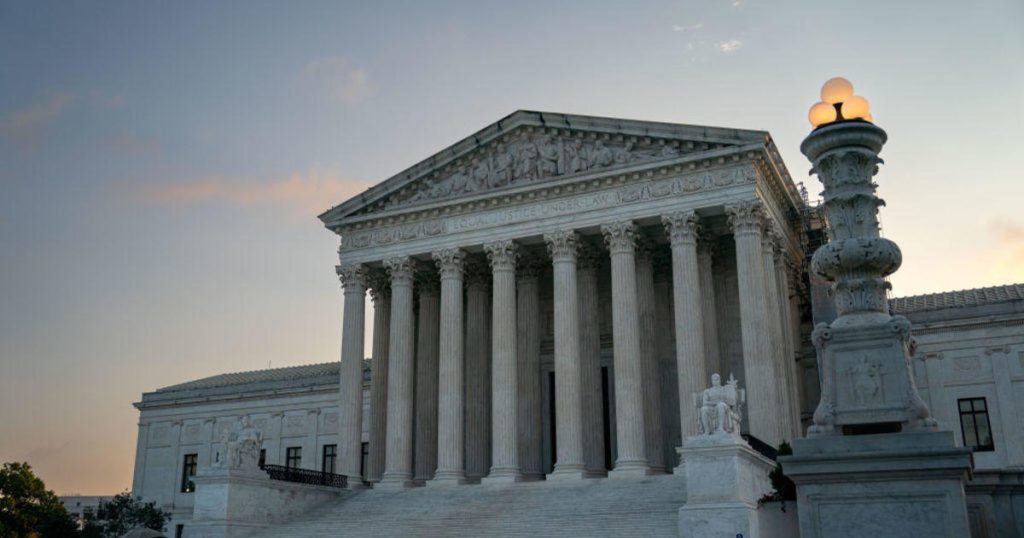The Supreme Court recently declined to provide clarity on whether states with restrictive abortion laws must provide abortion care in certain emergency circumstances. The court rejected the Biden administration’s appeal, leaving in place a lower court decision that blocked the federal government from enforcing guidance requiring hospitals to provide emergency abortions when the health of the mother is at risk. Texas and Idaho have some of the most severe abortion restrictions in the nation, and the cases surrounding these laws have raised questions about the legality of the federal emergency care law in certain circumstances.
In an ongoing legal battle, the Supreme Court intervened early in the Idaho case, indicating that the majority believed the court acted prematurely. The underlying question of whether the federal law, the Emergency Medical Treatment and Labor Act, trumps near-total abortion bans in certain circumstances has yet to be addressed. The Texas case provided another opportunity for the high court to answer this question, but it declined to do so. The dispute began after the Department of Health and Human Services issued guidance stating that hospitals must provide emergency abortions when necessary, even if state laws restrict abortion access.
Texas sued the Biden administration over this mandate, arguing that the federal government exceeded its authority in requiring hospitals to provide emergency abortions. A federal district court sided with Texas, finding that hospitals cannot be forced to provide abortions in certain medical emergencies if it violates the state’s ban. The U.S. Court of Appeals for the 5th Circuit upheld this decision, stating that the practice of medicine is governed by the states, and physicians must comply with state law. The Biden administration urged the Supreme Court to reconsider and order additional proceedings in light of the Idaho case, but the court declined to do so.
State officials in Texas argued that there is no conflict between the state’s abortion ban and the federal emergency care law, as Texas allows abortions when the mother is at risk of death or faces a serious risk of substantial impairment of a major bodily function. They contended that health care providers can comply with both EMTALA and state law by offering stabilizing treatment without violating the state’s ban on abortion. In limited circumstances, providing an abortion may be necessary to prevent substantial impairment of a major bodily function. The legal battle between states with restrictive abortion laws and federal requirements for emergency care continues to raise questions about the rights of pregnant individuals and the role of the government in regulating abortion access.


